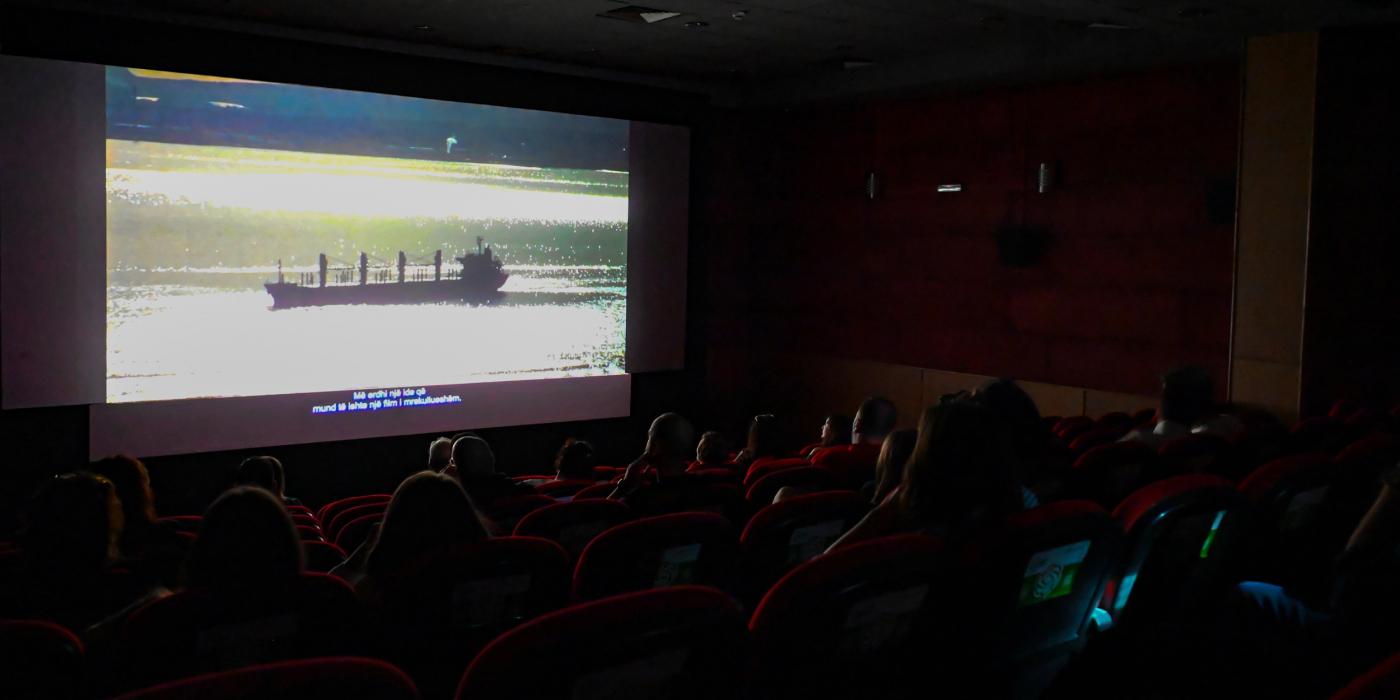12/08/2023
There are myriad ways through which a city's downfall can be orchestrated, leading to its utter disintegration. These methods span from the ravages of wars to the subtle yet insidious forces of gentrification. From the wrecking ball's destructive swing to the unchecked proliferation of buildings, even the urban landscape can be sculpted in ways that disregard the well-being of those who call it home.
Just as we find in numerous cities across the globe, environmental catastrophes often sow the seeds of undermining labor conditions and the spaces essential for forging connections and communities. All the while, time hurtles forward, leaving scarce room for pause and contemplation amid these relentless transformations.
A prime example of this phenomenon is vividly portrayed in the documentary "Death of a City," skillfully directed by João Rosas. The film lays bare the working conditions within Lisbon's Bairro Alto, where the demolition of a building that once housed an aged printing workshop symbolizes the giving way of tradition to the erection of opulent apartments.
Within this rapid metamorphosis of the city's fabric, life takes on a subdued rhythm, and the director masterfully captures the evolving dynamics between its denizens and their evolving urban environment. The city now stands as a realm of memories, a canvas on which the past and the present intermingle, echoing the multifaceted relationship between people and the spaces they inhabit.
We had the pleasure to have the director at DokuKino after the screening and many people related to this compelling story of how we miss our cities that are overwhelmingly changing. Some found the correlations with other similar cases in the Balkans reassuring that this story belongs not only to people but to an array of communities that are daily affected by these changes.
Rosas spoke about the origins of filming this documentary from implementing his feelings towards the city changing, to telling the lives of the construction workers who perpetually try to change their living and working conditions but end up in a loophole of working and being alone. The director expressed their necessity to unionize, but it seems like an impossible task, due to ever-changing schedules and situations where it is hard to socialize and create communities.
It was truly a gut-wrenching depiction of a reality that builds the facets of what the future will be surrounded by. Once again we come to the cinemas to be moved profoundly while still hoping that even though the director said “this documentary will not change the world”, maybe it will change the way the younger generations will take care of the environment.
By: Blerina Kanxha
Photo: Tughan Anit



